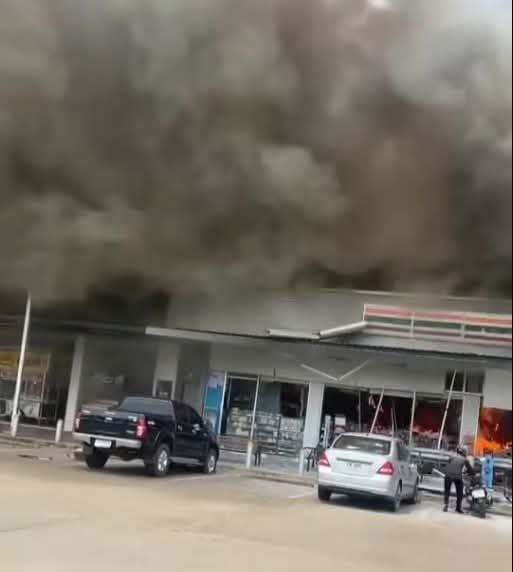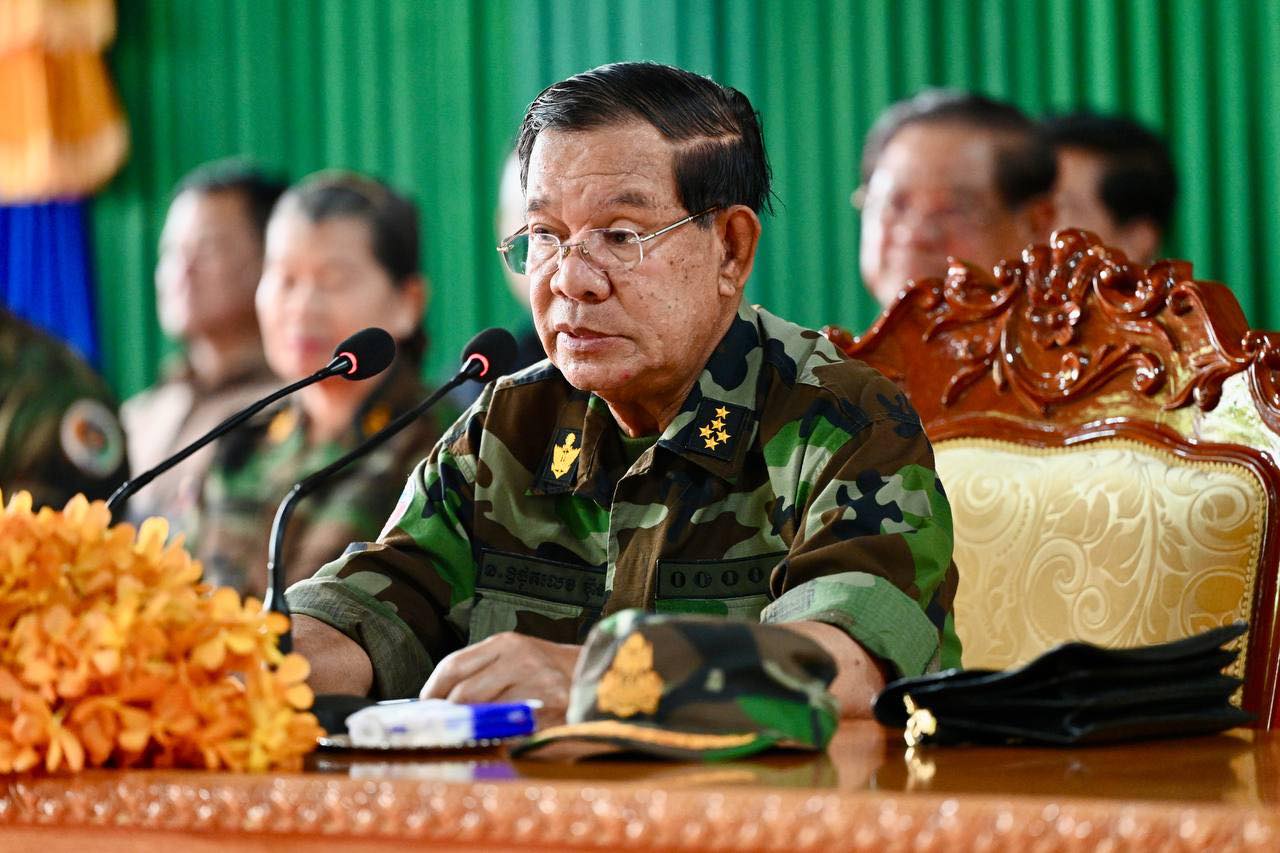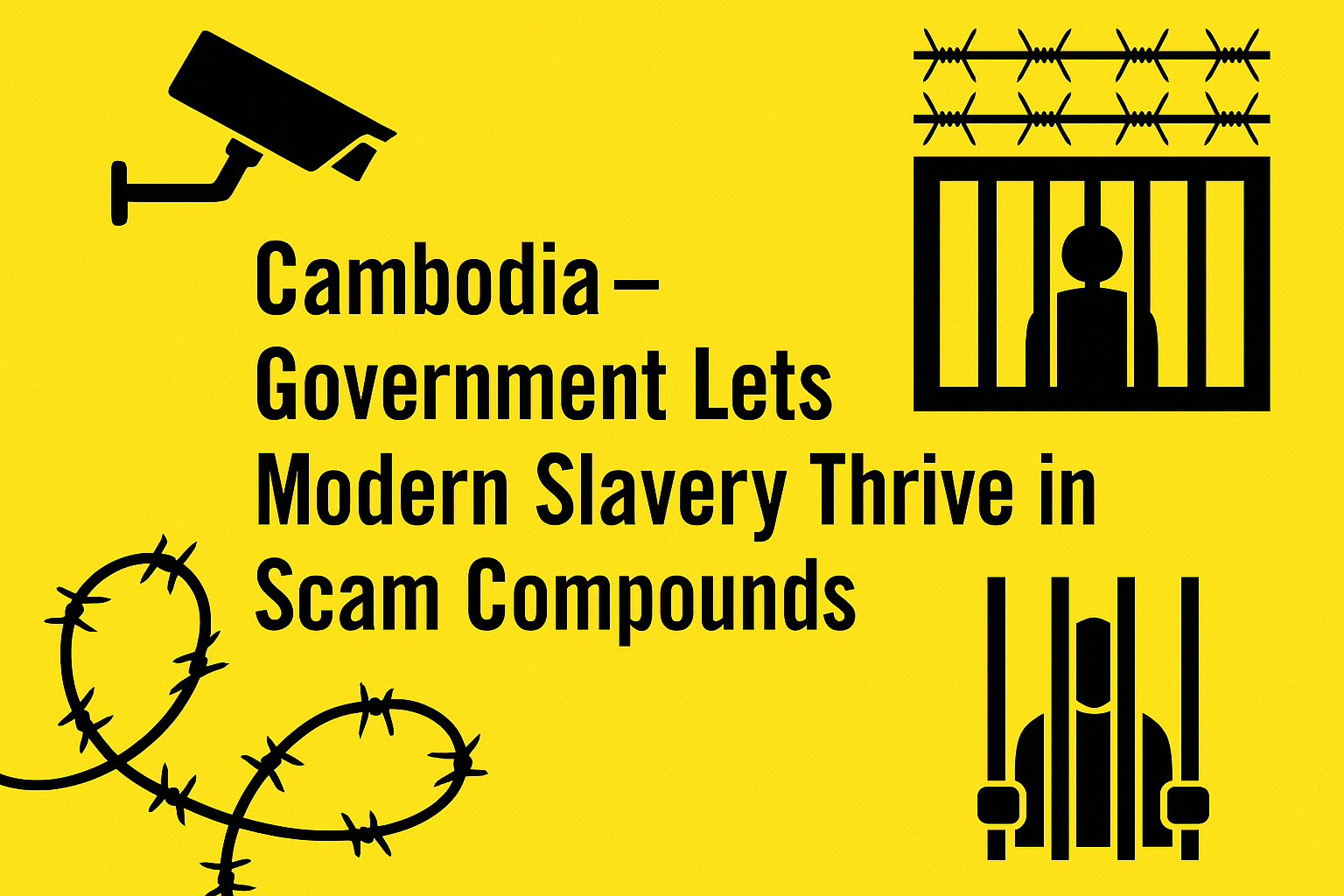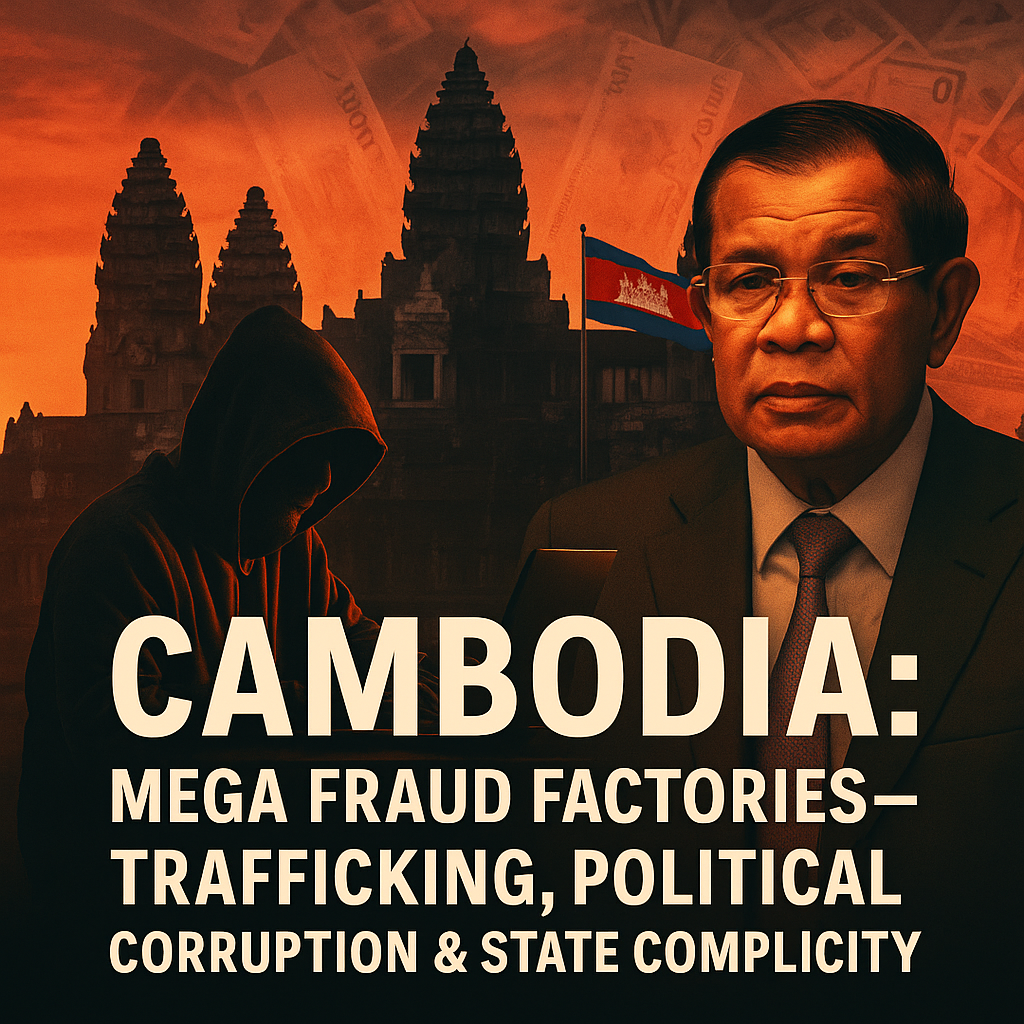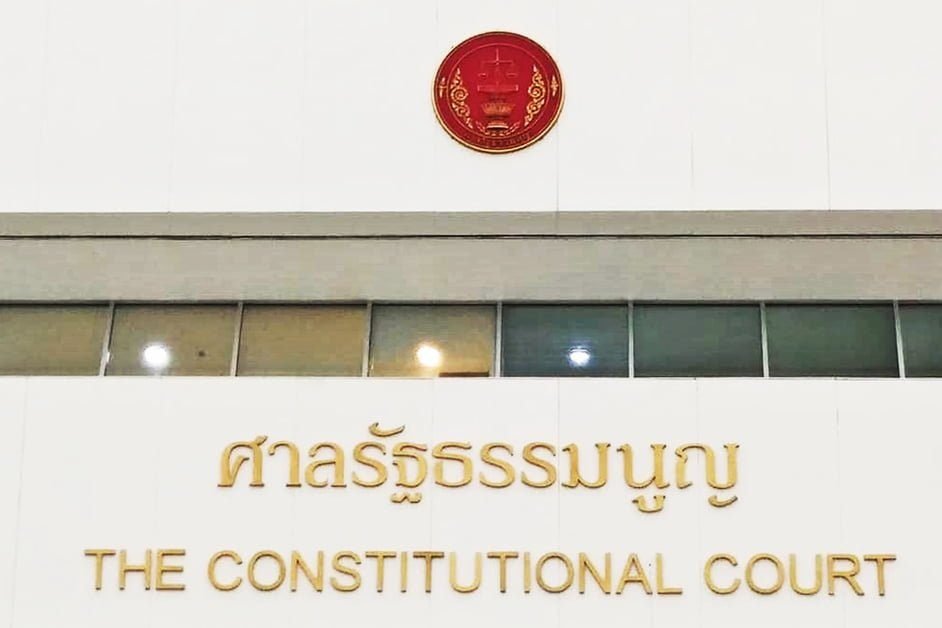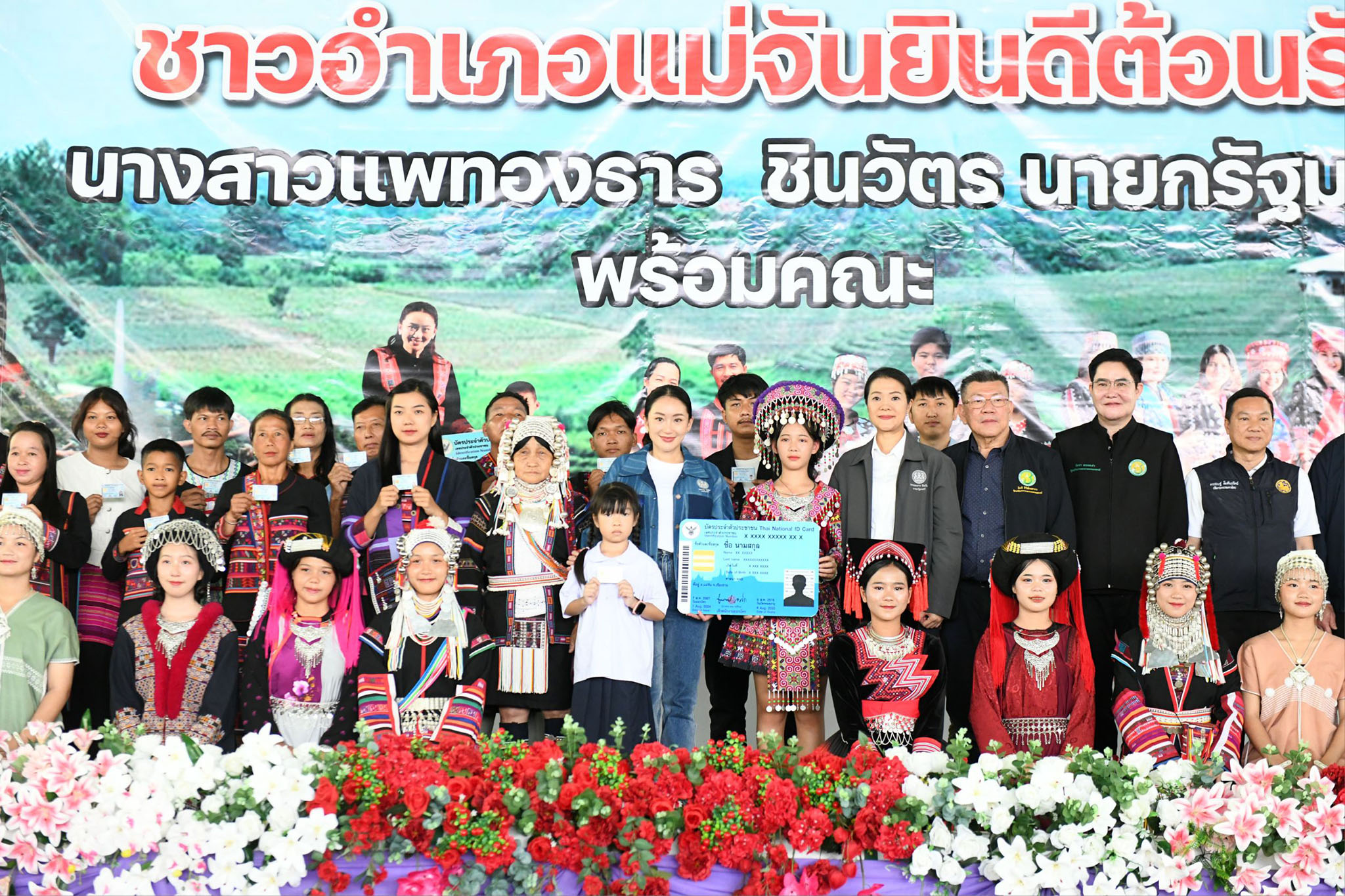Thai-Cambodian Border Clash On July 24, 2025, tensions escalated along the Thai-Cambodian border, particularly in Kantharalak District, Sisaket Province, where clashes were reported between the two militaries. Cambodian BM21 Rocket Hits Gas Station Store At around 1:40 PM, residents of Ban Phue heard three loud artillery explosions before a fire broke out at a convenience store located within a gas station. The fire is believed to have been caused by a Cambodian BM21 rocket. The incident injured many students and local residents. Emergency responders and military personnel rushed to assist the injured and extinguish the fire promptly. 2nd Army Region Confirms Incident Thailand’s 2nd Army Region confirmed in a statement that a Cambodian BM21 rocket landed in Ban Phue, Kantharalak District. They also noted ongoing clashes in several border areas. Latest Developments Over 20 injuries reported, including students. Convenience store and gas station severely damaged. Residents within 5km radius evacuated. Thai authorities preparing a formal diplomatic protest. The situation remains under close watch, with the Thai government and military emphasizing efforts to control the conflict and protect citizens in the affected border regions.
Read More